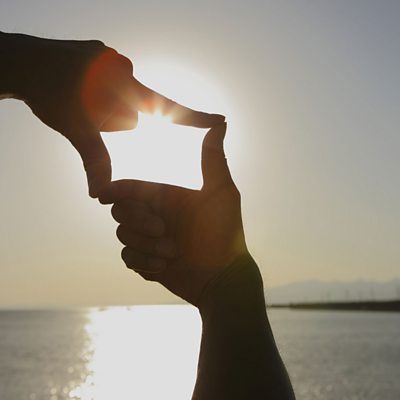Episode details

Available for over a year
The first time I went to Pakistan with my whole family was at the age of 18 – my eldest brother was getting married, it was a big wedding with a large number of family and friends attending. A few days into our stay in Karachi, my mother’s two older sisters also arrived across the border from India – she hadn’t seen them in over 25 years since she’d left for Pakistan with her family and they had stayed in India with theirs. Their dramatic reunion was joyful and heartbreaking – all the sisters were in one place after decades - they couldn’t stop crying and they couldn’t stop talking. I thought of all this as I watched the emotional scenes earlier this week as a group of south Koreans, travelled to meet their North Korean families at a tourist resort in the north. In some cases, elderly parents meeting with their children for the first time in decades after fleeing during the Korean war of the early 1950s. While organisations like the Korea Red cross have arranged virtual reunions in the past, family communication between the 2 Koreas has remained extremely difficult. Amidst all the hugs and embraces, years of separation were distilled into single sentences such as "I remember how beautiful you were," and "I finally get to meet you after living for so long." For those already in their 80s and 90s, this will be their only reunion. Political and territorial divides are often about nation building but long after the conflict and killing is over and people settle into new lives, many continue to live with the legacy of loss. My parents move was a search for a better life. Yet I often wondered at what cost? I remember seeing my mother praying quietly at home for the parents she had left behind and the brothers and sisters she hardly saw. This was the face of partition for me. I had read accounts of the bloody killings, Hindus and Muslims turning brutally on each other, the vast migration in and out of the two countries and the deluge of refugees. But the reality was that even for those who survived and rebuilt their lives, the human cost of political divide could mean decades of physical separation. This week Muslims everywhere celebrate Eid, an important religious festival marking the end of the hajj, and many will travel far and wide simply to be amongst family and relatives. Today technology can connect us with anyone, anywhere, anytime – we no longer feel the same anguish of distance. But remembering my mother and her sisters all those years ago, watching the jubilant faces of the elderly Korean families hugging one another, it’s so easy to see that after years of separation, still nothing can replace the warmth of the human touch.
Programme Website